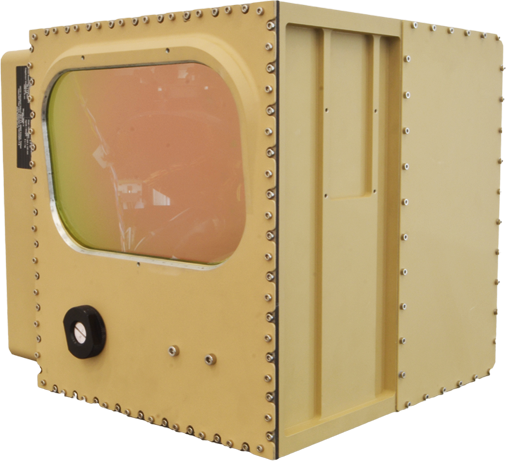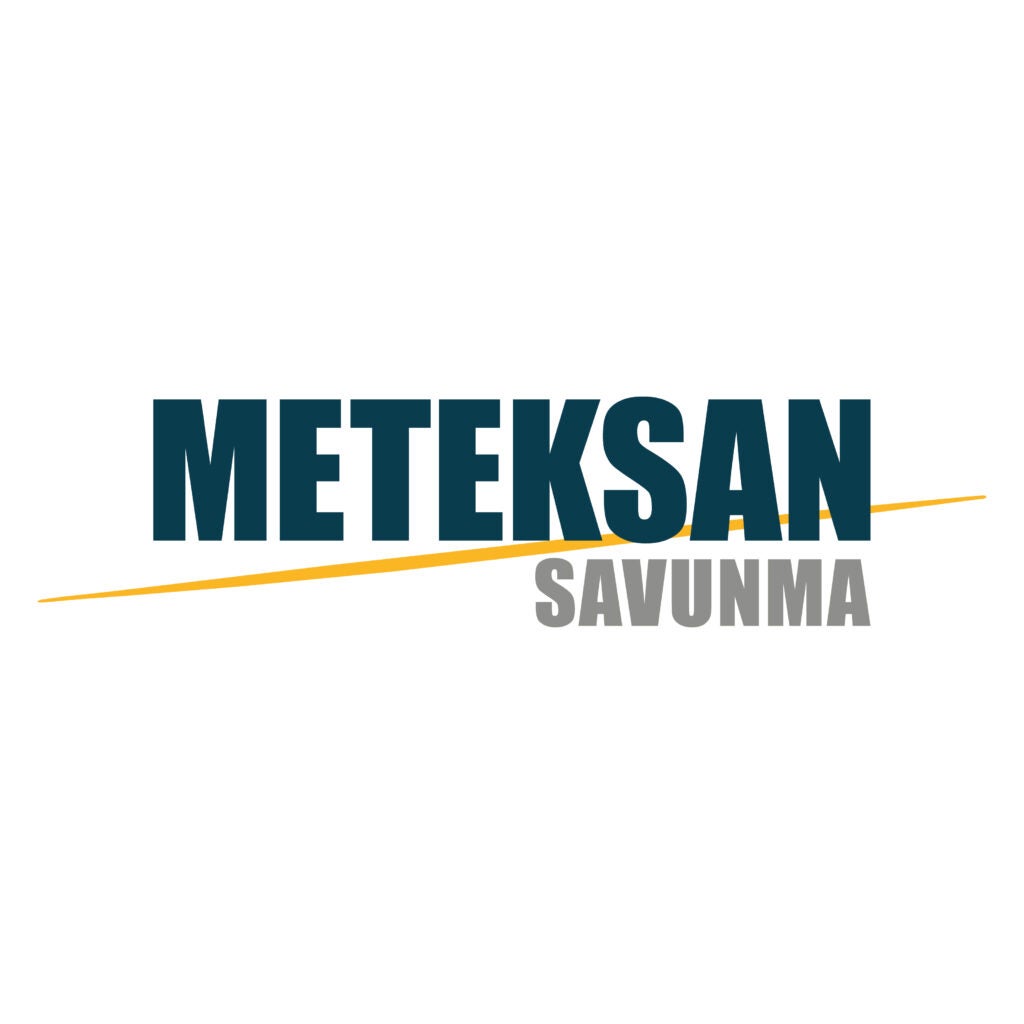
Helicopter platforms are widely used in adverse weather conditions and low-altitude/high-speed conditions for mission success. Therefore, every year, lots of helicopter accidents occur by collisions with obstacles around the world. In order to prevent accidents, it is very important to detect obstacles during flight and to provide warnings on time.
Within the scope of the contract signed in 2019 between the Presidency of Defence Industries, Turkey and Meteksan Defence Industry Inc., it was decided to develop an active laser-based Helicopter Obstacle Detection System (HETS) to be integrated helicopter platforms. The development stage of the product has been completed by Meteksan Defence and HETS will be exhibited for the first time at the Meteksan Defence booth during IDEF 2021 Exhibition, İstanbul.
HETS developed with a fiber laser that has a wavelength of 1550 nm. It has the capability of detecting human-made structures such as buildings, towers, poles, power lines, and natural obstacles such as trees, forests, and hills, and provides audible/visual warnings to pilots. Supporting different interfaces for easy integration into different helicopter platforms, the system differs from its competitors in the world with its low power consumption and low weight.
HETS can detect horizontal and vertical obstacles including 5mm power lines by scanning twice a second in its 30*40 degrees field of view and has an instrumental range of 1500 m. It warns the pilot against obstacles at appropriate times with LIDAR technology, high precision signal processing, and user-friendly visual creation capability. Also, HETS can produce synthetic sound and tones in addition to a visual warning. The system supports MIL-STD-1553, RS-422, and ARINC-429 interfaces for use in integrated structures as well as producing video for MFDs.
Meteksan Defence Industry Inc., which has successfully implemented the HETS Project, is shown as one of the leading companies in Turkey, especially in the field of laser technologies. Carrying out studies on high beam quality fiber laser sources, high-power laser transmitter structures, and precision laser/electro-optic detection techniques, the company is also developing superior performance fiber laser sources and detection techniques for Light
Detection and Ranging (LIDAR) and directed laser applications as a successful university-industry cooperation model thanks to Bilkent University Ultrafast Optics & Lasers Laboratory (UFOLAB).

